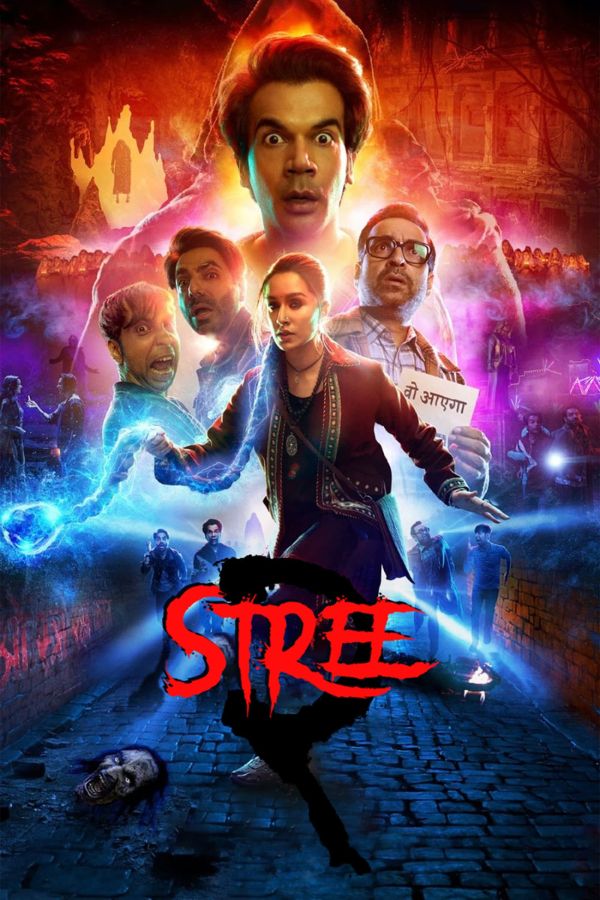Is the digital realm offering a cinematic escape, or is it a labyrinth of legal ambiguities? The rise of platforms providing access to high-definition movies and television shows, often for free, has created a complex landscape where convenience and legality frequently clash.
The proliferation of websites like HDHub4u.tv, and its various iterations, has become a subject of intense scrutiny within the entertainment industry. These platforms position themselves as providers of readily accessible content, offering a wide selection of Bollywood, Hollywood, and South Indian films, often in resolutions ranging from 480p to 4K. The appeal is undeniable: instant access to a vast library of movies and TV shows, eliminating the need for subscriptions to multiple streaming services or paying for individual rentals. But at what cost?
The allure of platforms like HDHub4u.tv lies in their apparent simplicity. Users can often find the latest releases, as well as a comprehensive archive of older titles, all available at their fingertips. The sites frequently offer various download options, catering to different bandwidth speeds and device compatibility. This ease of access, coupled with the promise of high-quality video and audio, creates a powerful draw for viewers seeking entertainment. Social media platforms have inadvertently played a role in the dissemination of these platforms, with users frequently sharing links and recommending content from these sources. This social validation further fuels the platforms' popularity, creating a cycle of discovery and consumption.
However, the legality of accessing content through these platforms is a persistent question mark. The content hosted on sites like HDHub4u.tv is frequently obtained through unauthorized means, often involving copyright infringement. While the platforms may claim they are merely providing a link to content hosted elsewhere, they are essentially facilitating the distribution of copyrighted material without permission from the rights holders. This raises serious legal questions about the responsibility of the platform operators and the potential liability of the users who access the content.
The financial implications of this type of online activity are significant. The entertainment industry relies heavily on revenue generated from the distribution and licensing of its content. Platforms that offer pirated movies and television shows directly undermine this revenue stream, impacting the financial health of production studios, distributors, and the individuals involved in creating the content. This can have a trickle-down effect, potentially impacting the quality and quantity of future productions. The impact on legitimate streaming services is also considerable, as these services are competing for the same audience, albeit with a legitimate and often paid, access to the content.
The legal framework surrounding online piracy is complex and constantly evolving. Copyright laws vary across jurisdictions, and the enforcement of these laws is often challenging in the digital realm. International cooperation is crucial in combating online piracy, but it is a task fraught with difficulties. The anonymity offered by the internet and the global reach of these platforms make it hard to track down and prosecute the individuals responsible for operating them. Users also face potential legal risks, although the focus is often on the operators of the platforms, the act of downloading or streaming copyrighted content without permission may violate copyright laws and potentially lead to civil or even criminal penalties in some regions.
Beyond the legal aspects, the use of platforms like HDHub4u.tv raises ethical considerations. While the temptation to access free content is strong, it's important to consider the impact on the content creators and the broader entertainment ecosystem. By accessing pirated content, users inadvertently support activities that undermine the creative process and potentially contribute to the decline of the industry. The ethical question is further complicated by the perception that content prices, particularly for streaming services, are sometimes inflated or that access to content is fragmented across multiple platforms. However, this does not justify the infringement of copyright.
The technological landscape adds further complexity to the issue. Content creators and distributors are constantly seeking ways to protect their intellectual property. This has led to the development of sophisticated anti-piracy technologies, such as digital watermarks, encryption, and content recognition systems. The platforms, in turn, are constantly adapting to these measures, often changing their domain names or employing techniques to evade detection. This creates a perpetual cat-and-mouse game, with the industry struggling to stay ahead of the pirates.
The user experience on these platforms is another area of concern. While the platforms often promise high-quality content, users may encounter various issues, including malicious software, intrusive advertisements, and unreliable streaming or download speeds. The sites are frequently funded by advertising, and this often involves questionable practices, exposing users to potential security risks. Moreover, the lack of customer support or accountability poses a challenge for users who encounter problems.
Consider the example of College.Romance.S03E01.720p.WEB-DL.AAC.2.0.ESub.x264-HDHub4u.TV. While the existence of this file indicates the presence of a specific episode, its origin and the legality of its distribution remain unclear. The same applies to the availability of Aakhri.Sach.S01E05.1080p.WEB-DL.5.1.ESub.x264-HDHub4u.Tv, which is another example where content has been distributed without explicit permission from the copyright holder.
The proliferation of such content raises ethical and legal concerns regarding copyright infringement and the implications of accessing and distributing copyrighted material without the owner's explicit permission. The availability of such content on platforms like HDHub4u.tv presents an ongoing challenge for the entertainment industry as it attempts to protect its intellectual property and ensure the economic viability of content creation.
A different perspective is offered by instances like Sweet.Home.S02E07.1080p.WEB-DL.Hindi.5.1-English.5.1.ESub.x264-HDHub4u.Tv, which highlights the availability of content in multiple languages, which can be attributed to the global audience these platforms cater to. This broader accessibility, however, comes at the expense of copyright and the rights of content creators.
In contrast, one can't ignore the cultural impact, consider instances like Chatrapati ChatrapatiSambhajiMaharaj Sambhaji Maharaj HDHub4u.Tv. The presence of regional content on these platforms points to the vast appeal of these platforms, but also the lack of adherence to the prevailing legal standards. Such distribution can affect the legitimate channels of content distribution, and the creators' earnings.
The future of platforms like HDHub4u.tv remains uncertain. As technology advances and the legal landscape evolves, these platforms may face increased pressure from copyright holders and law enforcement agencies. However, the demand for easily accessible, affordable entertainment will likely persist, creating a constant tension between the forces of supply and demand. The choices consumers make will ultimately determine the direction of this trend. Will they opt for the convenience of free, potentially illegal, content, or will they embrace legal alternatives, supporting the long-term sustainability of the entertainment industry?
The narrative involving HDHub4u.tv and similar platforms underscores a pivotal moment in the digital age, as the entertainment industry navigates the challenges of content distribution, copyright protection, and the evolving demands of a global audience. This is a time of unprecedented change, and the decisions made today will shape the entertainment landscape of tomorrow.
The allure of these platforms highlights the core dilemma of the digital age: the clash between ease of access and legal compliance. The choices individuals make regarding their entertainment consumption will shape the future of the film and television industries, and potentially the way the law applies to digital content in the future. This evolving landscape of content accessibility will likely continue to be a topic of debate and innovation in the years to come.
The emergence of platforms like HDHub4u.tv has created a complex scenario that requires a comprehensive approach, focusing on consumer education, legal reforms, and industry collaboration. Only through a collective effort can the industry strike a balance between technological advancements and safeguarding creative rights. This requires a sustained commitment to protecting intellectual property rights and promoting the sustainability of the entertainment sector. The future depends on the choices that individuals and industry players make, which will ultimately shape the fate of digital entertainment.
The discussions regarding these platforms should not merely center around legal ramifications; rather, they should promote a dialogue on the value of creativity and the necessity of supporting the individuals and organizations involved in content creation. The digital ecosystem is rapidly transforming, and the choices we make today will inevitably shape the creative landscape of the future. The need for innovation and adapting to a rapidly evolving digital environment requires a forward-thinking approach, aimed at providing consumers with a wide range of options that are legal, accessible, and in sync with their entertainment needs.



